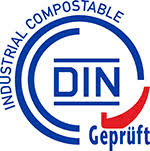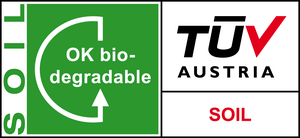What standards and legislation govern compostable plastics?
As plastic pollution has emerged as a significant societal concern, numerous international organizations, including governments, unions, industries, research centers, certification and standardization bodies, and others, are actively engaged in developing and adopting new materials, such as biodegradable and compostable polymers.
At the national level, legislation is being enacted to establish dedicated composting systems, with the objective of reducing the use of conventional plastics in single-use products and non-recyclable plastics. These efforts are manifested through standards and labels affixed to products, serving as evidence of their compliance.
Compostable in industrial environment:
Specification standards
France: NF EN 13432 « emballage » / NF EN 14995 « matières plastiques »
USA: ATSM D6400 « Plastics and products made from plastics »
Australia: AS 4736 « plastics »
Applications regulated
Italy: single use plastic bags
Several states of the USA (ex. California): single use plastic bags
DIN-Geprüft Compostable: This German label means that the product complies with German composting standards. This guarantees that it will decompose safely and efficiently in an industrial composting facility.
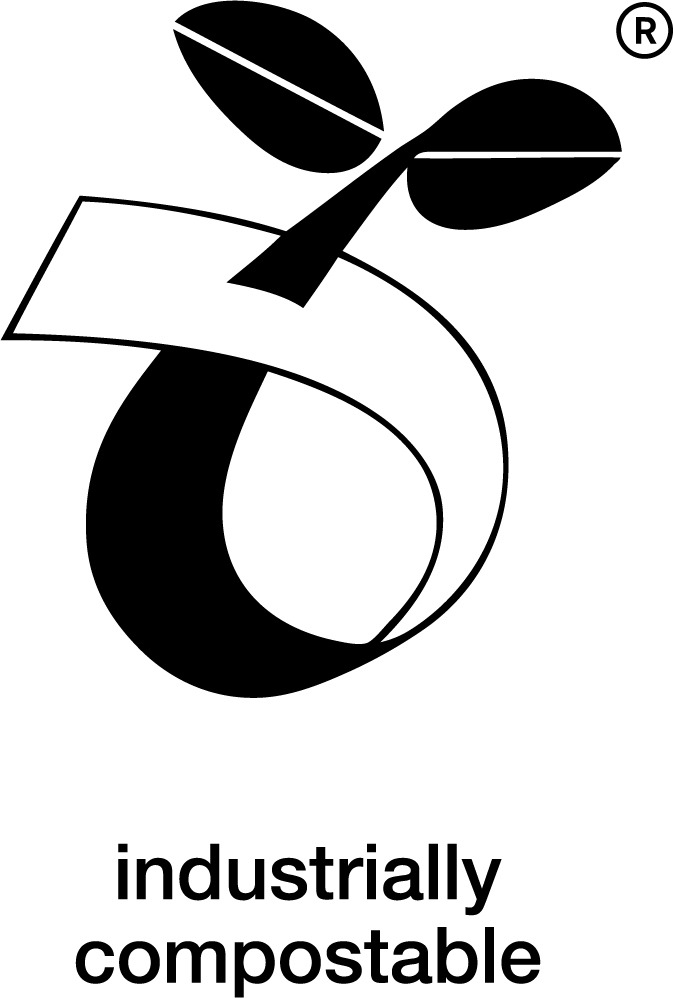
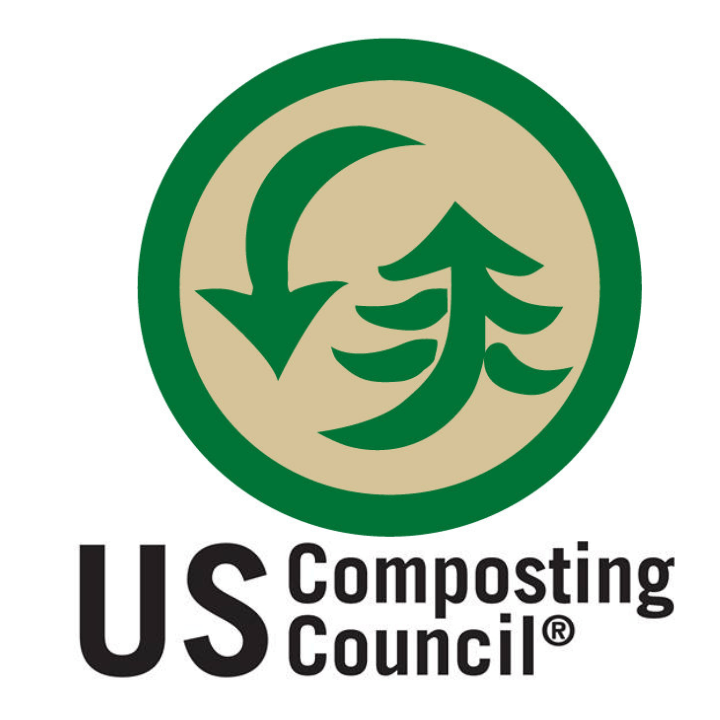

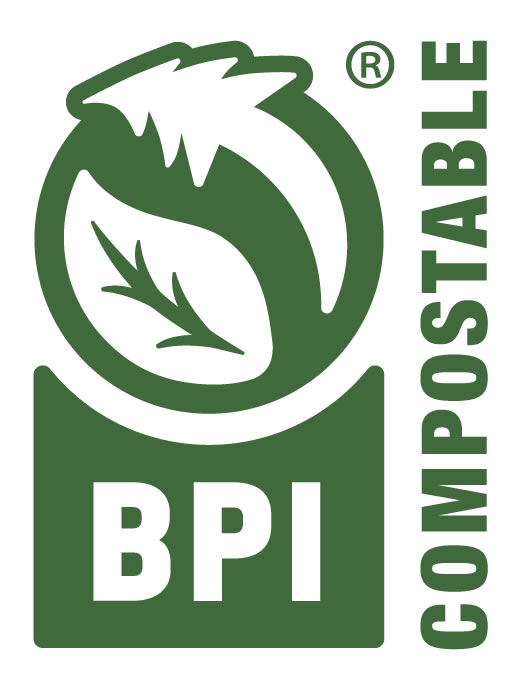

Compostable in domestic environment:
Specification standards
France: NF T51-800 « plastiques »
Australia: AS 5810 « plastics »
Applications regulated
France: single use plastic bags / routing film
European Union: single use kitchen utensils (2020)
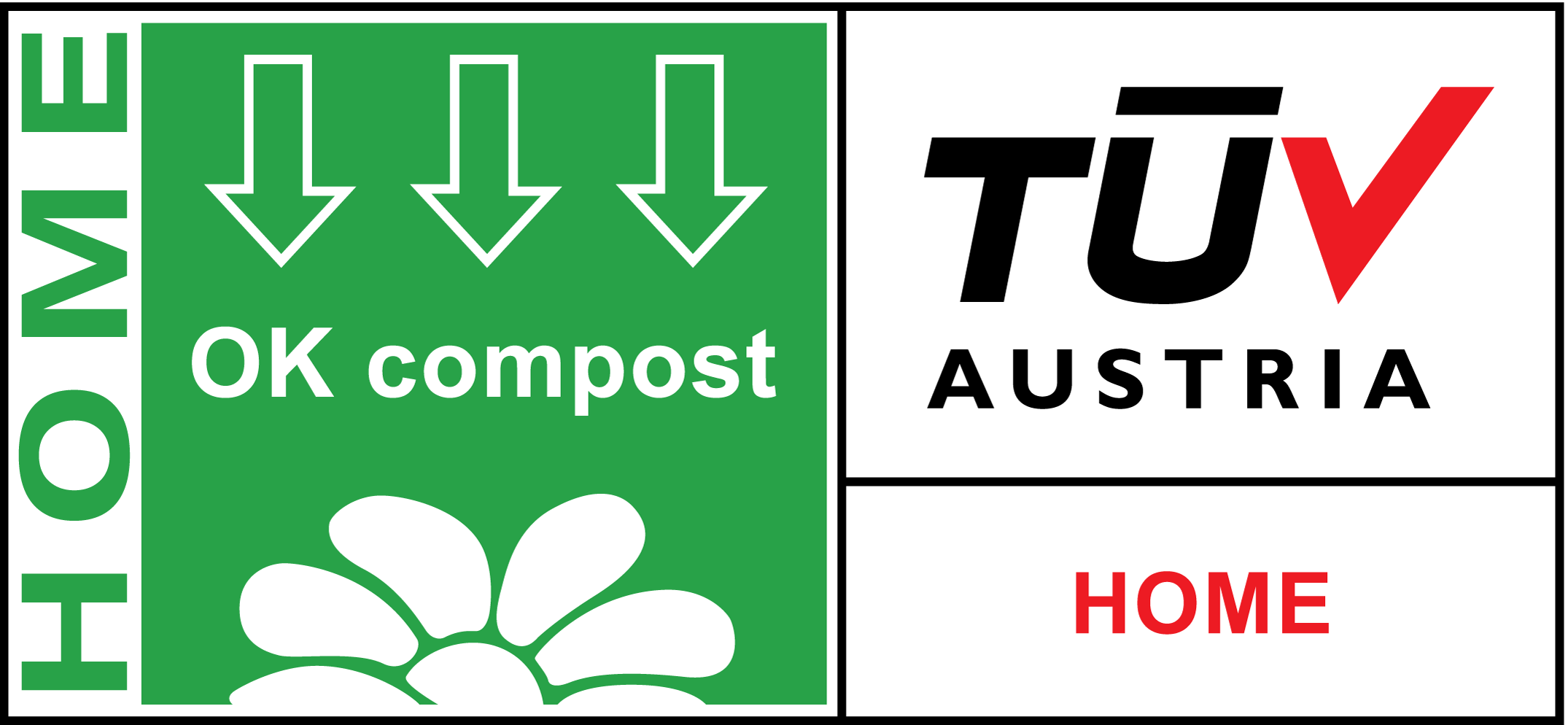
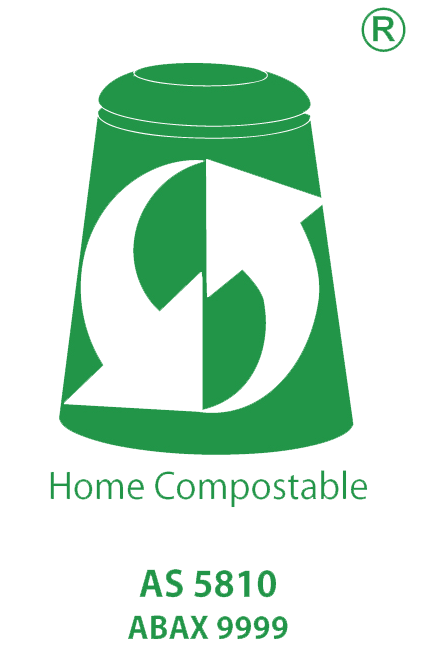
Compostable in soil:
Specification standards
France: NF U52-001 « matériaux biodégradables pour l’agriculture et l’horticulture » / NF EN 17033 « films de paillage »
Analysis and testing standards
USA: ATSM D5988 « plastics materials »
The “OK Soil” label from TÜV Austria indicates that the product is certified to be biodegradable in the soil. This means that the product is designed to break down naturally and safely in the soil, thereby helping to reduce waste and protect the environment. This label guarantees that the product will decompose efficiently into natural elements without leaving harmful residues.
CARBIOS Active: the biological solution that makes plant-based plastics compostable even at room temperature!
Integrated directly into plastic conversion processes, CARBIOS Active enables the creation of a new generation of PLA (polylactic acid) that is 100% compostable, even at ambient temperature, without leaving toxic residues or microplastics. PLA plastic which includes this unique enzymatic solution is certified for industrial and home composting. CARBIOS Active was recently certified by the Biodegradable Products Institute (BPI), North America’s leading authority on compostable products and packaging. Food Contact Notification (FCN 2325) and BPI certification ensure the quality of CARBIOS Active, providing brand owners and industrial composters with a reliable solution for designing and marketing fully biodegradable packaging, aligning with circularity commitments.
CARBIOS Active is also the first biological solution enabling PLA-rich films to be certified “OK compost Home” by Tüv Austria.
These articles may interest you
As plastic pollution has emerged as a significant societal concern, numerous international organizations, including governments, unions, industries, research centers, certification and standardization bodies, and others, are actively engaged in developing and adopting new materials, such as biodegradable and compostable polymers.
At the national level, legislation is being enacted to establish dedicated composting systems, with the objective of reducing the use of conventional plastics in single-use products and non-recyclable plastics. These efforts are manifested through standards and labels affixed to products, serving as evidence of their compliance.
Biodegradable bio-based plastics are emerging as a complementary solution to recycling in the fight against pollution. However, in a period where land and water are also becoming critical concerns on a global scale, what impact will the development of biosourced plastics production have on our farmland?
100% biosourced and biodegradable, PLA is one of the first renewable plastics capable of competing with conventional plastics in terms of both performance and environmental impact! Emitting three times less CO2 and already available on the market, PLA could well contribute to reconciling plastics with the planet. Find out everything you need to know about this bioplastic!
